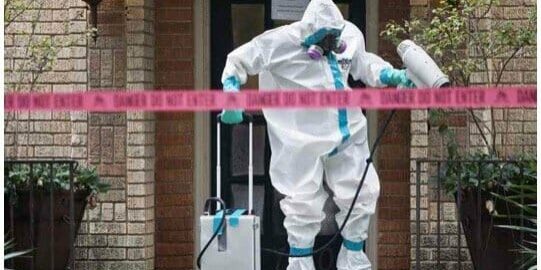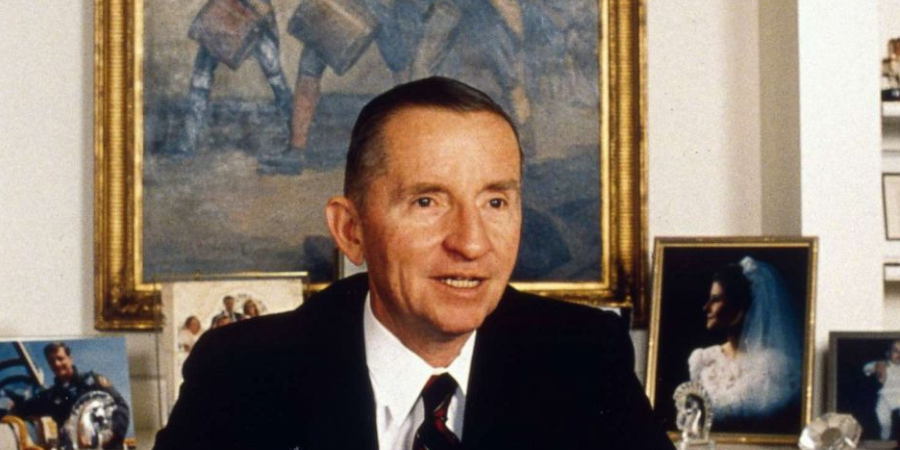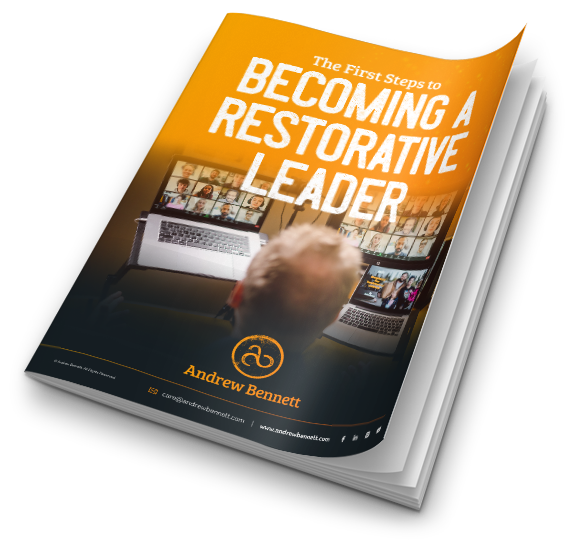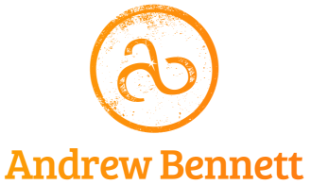There’s a famous saying in business: “Hope is not a business strategy,” to which I would like to say, as politely as possible, bullshit.
Wishful thinking is not a business strategy, but show me a business that doesn’t have hope, and I’ll show you a depressing place to work and, most likely, mediocre performance as a business.
Forty-five years ago, my grandpa took his own life. In the years since then, as I’ve searched to understand that act and worked hard to manage my depression, I believe that lack of hope could be the worst state of mind possible.
Lack of hope saps your energy because there’s an underlying feeling of “what’s the point?” Lack of hope leaves you focused on what’s wrong in your world. Hopeless makes you feel helpless.
But the presence of hope pulls people forward. It gives them energy. It gives them access to creative thinking about how to get to a better future. It helps them feel meaning in their work because they’re creating something that matters.
Hope is not a Pollyanna naïveté that everything’s peachy-keen, ignoring the challenges that are part of life. Hope is a belief that there is a positive, even joyful, future and that you can get there.
If you’re a leader, help people see the positive future you’re creating together. Help them see the good that your organization does and how you make the world a better place. Put the spotlight on the strengths people possess that make that future possible.
The best leaders I have known are like farmers, constantly planting seeds, cultivating hope, and painting vivid pictures of an inspiring future where your work matters—constantly helping people connect their day-to-day work with that positive future.
My mentor and leadership hero, Ross Perot, used to call three random employees every morning to talk to them about what they were working on, and he’d help them connect to how that improved our customers’ lives. He didn’t call to grill people; it was a conversation. Ross was a billionaire leading a company of tens of thousands, but he started his day with one-on-one conversations with front-line employees. He knew that hope was the most important thing he could offer people.
So, if you’re a leader, nurture hope. You’ll create a workplace full of energy, you’ll enrich people’s lives, and your business will thrive. Hope is one of the greatest gifts you can give.






